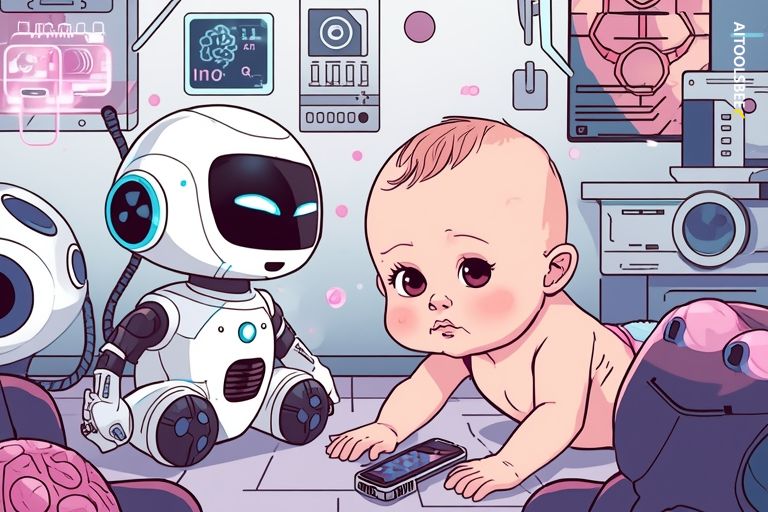
Concerns Over AI Toys Impacting Infant Development
Concerns are rising over the impact of AI technology on infant development. OpenAI's partnership with Mattel to introduce 'age-appropriate' AI toys and xAI's launch of the Baby Grok chatbot for six-year-olds highlight the need to consider the effects of these technologies on young children's social interactions.
The human brain is primed for social interaction from birth, essential for language, emotional regulation, and cognitive growth. While AI bots may mimic human behavior, newborns may not distinguish these differences. The impact of AI interactions on infant development remains uncertain.
AI interactions rely on mechanical precision, potentially lacking the 'just-right' variability needed to handle the unpredictability of human relationships. The role of human caregivers, who provide emotional depth and complexity, is crucial for infant development.
Research and transparency standards are necessary to understand AI's impact on infant development. Governments must set clear boundaries for AI use with children under age three, and AI products should undergo rigorous safety testing and oversight.
Examples like Romania's orphan crisis illustrate developmental deficits in environments lacking stable caregivers. Scientists are raising alarms about AI's threat to social processes, and the UN has launched an international panel on AI governance. Infants need better boundaries, not better bots.

Captures the essence and possibilities of technology within the rapidly evolving world of AI tools.

